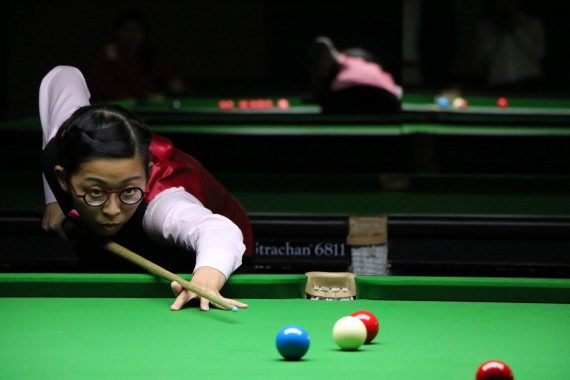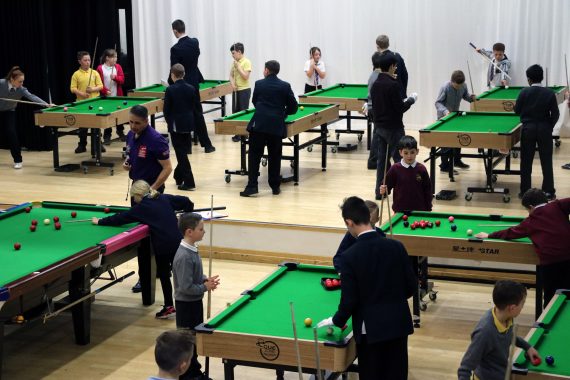New Academic Research for Snooker
Snooker will be placed on the academic map for the first time in June 2017 following the publication of a ground breaking new research study exploring mental health awareness in snooker and the positive benefits that the sport can offer.
The paper, titled ‘Exploring aspects of cognitive development and mental health awareness as part of a health promotional goal in Snooker’, has been written by Rohit Sagoo (PhD Candidate, MRes, PGCE, RN Child), Senior Lecturer at Anglia Ruskin University.
A fan of snooker since he was 11-years-old, Sagoo was inspired to carry out his research following the publication of the WPBSA’s Snooker Insight Survey in April 2016, which sought to find out more about participation in snooker.

“Snooker has always been a passion of mine to watch as well as to participate in on an everyday player basis,” said Sagoo. “Following the publication of the Insight Survey results, I liaised with Chris Hornby (WPBSA Sport Development Manager), to ask how can we could disseminate these findings and really justify these findings from an academic perspective. It is an honour to be able to get the first written paper out, not just from the perspective of the university and myself as a senior lecturer, but also for the WPBSA.”
A paediatric nurse prior to moving into teaching, Sagoo’s drive for the paper was naturally health orientated and he was struck by the significance of how positive snooker can be.
“I really wanted to shine a light on the benefits of playing snooker and to reflect this as positively as possible for snooker as a sport. Especially in terms of those who have mental health problems or social problems as well and how much snooker can contribute to overcoming those problems. I also came across within my study the level of concentration required in snooker, which I think is paramount and for those who have mental health issues or difficulties with concentration. It is particularly significant to see that applying this in sport not only improves their concentration within sport, but can also make a profound difference to their work and every day environment.
Following the publication of his study, Sagoo is looking forward to carrying out further work with the WPBSA to further explore the benefits that arise from playing the sport. In particular, he identifies the positive cognitive aspects available across a range of social groups, from children and young people, to elderly people and is convinced that his research is a key landmark in the establishment of snooker as an academic sport.
“I think we can now certainly take the scope of the findings to an academic arena for young children and young people within their schools and their curriculum,” added Sagoo. “Having the first publication of an academic piece into the academic world is the first step and having it validated by the WPBSA is even more pertinent to it as well.
“Working in collaboration with the university and myself as the author and the WPBSA we can certainly start that bedrock of learning. Taking it into an academic world would certainly make snooker an evidence based practice sport as well as an intellectual and academic sport.”



